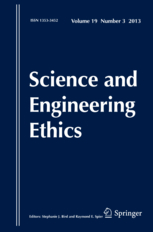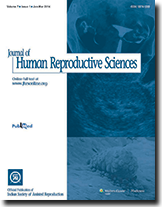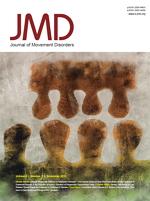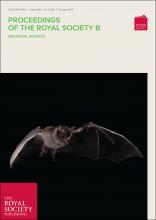 In August, we reported on a clinical trial on hundreds of hypertensive patients that was published six times. Now, copies published in Expert Opinion on Drug Safety and Journal of the American Society of Hypertension (JASH) have been retracted, making for a total of three retractions for the group of papers.
In August, we reported on a clinical trial on hundreds of hypertensive patients that was published six times. Now, copies published in Expert Opinion on Drug Safety and Journal of the American Society of Hypertension (JASH) have been retracted, making for a total of three retractions for the group of papers.
The authors have defended the papers as being decidedly “different,” but one of the latest retraction notes points to an earlier retraction by some of the same authors (including first author Giuseppe Derosa, at the University of Pavia in Italy) for publishing two papers that “contain considerable text that is duplicative.”
Inflammation editor in chief Bruce Cronstein, who retracted one of the six duplicated papers from the clinical trial, told us in August that he and the editors of the other journals were all contacted “en masse” by an author doing a Cochrane Review on hypertension, who noticed that all six papers were “nearly identical.”
Just recently, we received a statement from the authors — sent by corresponding author Derosa — which argued that even if six papers stem from one trial, each was decidedly “different:”
Continue reading Authors defend publishing clinical trial six times, even as they earn two more retractions
 A group of Chinese cancer researchers has retracted a paper in Medical Oncology after they discovered that “several key experiments” were not reproducible.
A group of Chinese cancer researchers has retracted a paper in Medical Oncology after they discovered that “several key experiments” were not reproducible.
 The first author of a paper
The first author of a paper 





 A 13th retraction has been published for
A 13th retraction has been published for